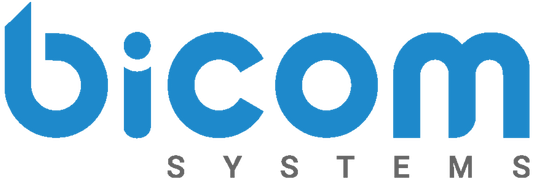A hosted solution is like your first aid kit for emergency readiness in the telecommunications industry. Utilizing a hosted unified communications solution in your workplace can be one of the most important things to do that will protect your company in an emergency.
To start, proper unified communications solutions are hosted and cloud-based. Meaning, in the event of an emergency like a fire or natural disaster, all your information will be secure in the cloud. Hosted protects your data where an on-premise version, like a physical server, would be damaged and most likely unsalvageable.
Not only will your hosted server be protected during the disaster, but it will be monitored 24/7, 365 days a year. (At least our partners’ servers are). Bicom Systems has five different monitoring centers worldwide and receives notifications on any detections. We offer two solutions sipPROT, that is used to protect against SIP attacks and sipMON, which constantly monitors the SIP packets that are received. The pair protect and ensure the quality of the calls that are being placed and received.
Just because your server is being monitored 24/7, 365 days a year, doesn’t mean you are open for business during all of those times. If that is the case, you may need to start implementing operation times. Setting specific operation times allows you to redirect calls based on when your business is open or closed. In PBXware 5.3, there is an option for a ‘midnight reset’. If there was an emergency that caused your business to abruptly close, you can set operation times to “closed”. It will stay like that until you manually change it and all calls will be redirected to the number assigned. Learn more about why setting operation times matter here.
Another feature your UC first aid kit should have is a feature found in gloCOM called ‘Personal Dialer’. After loading a .csv file of names and phone numbers into the application, the system will automatically dial the next number until the list is done. An example of where this feature would be most useful in emergencies is at a school. If an emergency was to happen at a school, the administration would need to contact all the parents or guardians of the students. If they did not have this feature, they would have to dial the phone numbers manually. Personal Dialer will help make this process quicker and more efficient. If you’re interested in learning more about Personal Dialer, check out this post.
Now, what happens if there is an emergency and the power goes out? No problem! Back in February, the FCC made it a requirement that all providers of facilities-based and fixed residential voice services offer their customers the option to purchase a 24hr backup solution. They are required to promote continued access to 911 services in the chance of a power outage. To learn more about this new rule and requirement, take a look at this blog post.
Band-Aids? Check. SIP Monitoring? Also, check.
Always make sure you’re covered!

